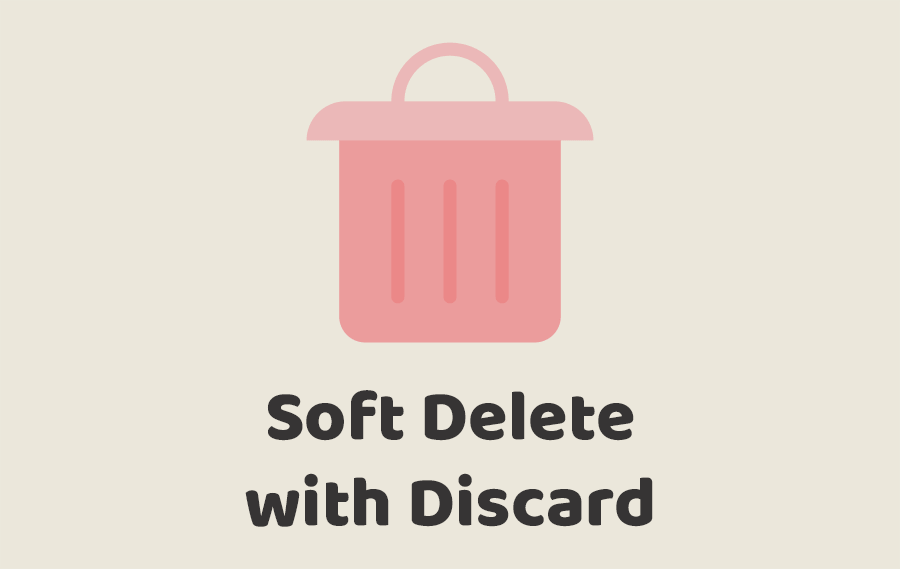Articles of interest for Ruby on Rails
Displaying articles 1 - 25 of 266 in totalArticle Sources
-


From Editor to IDE
Visual Studio Code is a powerful editor by itself, but with the addition of a few extensions, we can turn it into a much more intelligent IDE.
Published:
-
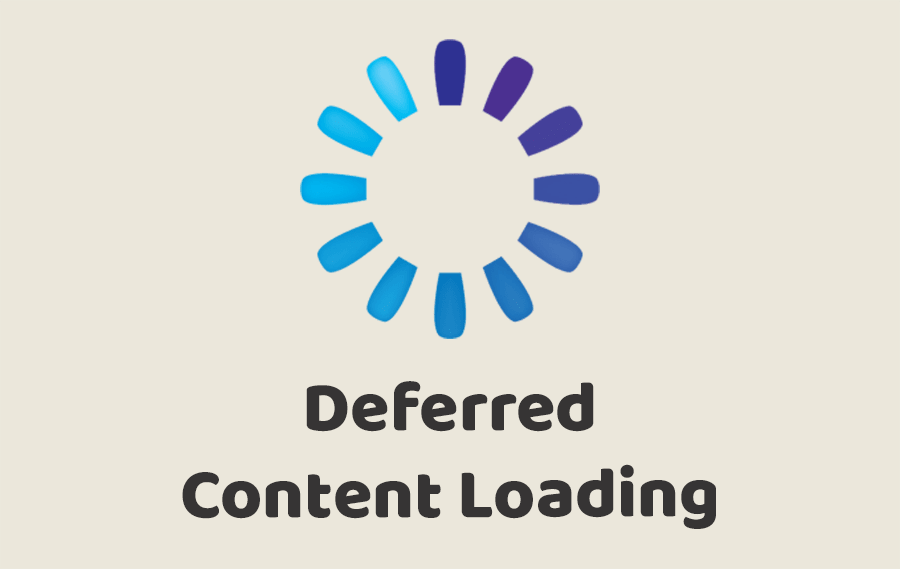

Deferred Content Loading
Learn to load slow content in the background so that your application still responds quickly while the heavy calculations are being done. Give quick responsiveness and optional polling to partials.
Published:
-
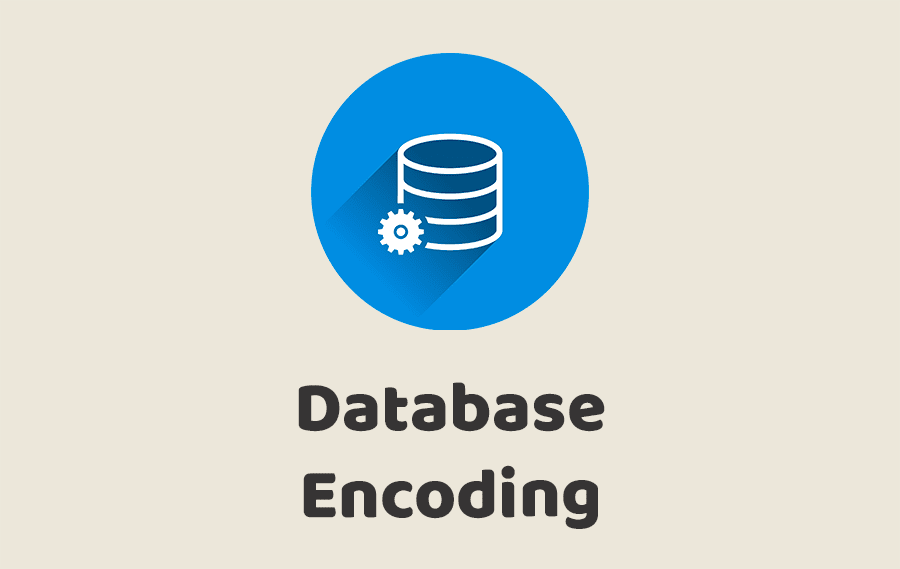

Database Encoding
In this episode, we look at the encoding and some problems that an older Ruby on Rails application may face when it comes to storing emojis and how to fix them.
Published:
-


StimulusJS, Active Storage and DropzoneJS
DropzoneJS is an open source library that provides drag’n’drop file uploads with image previews. It's lightweight, highly customizable and doesn't have any dependencies.
Published:
-
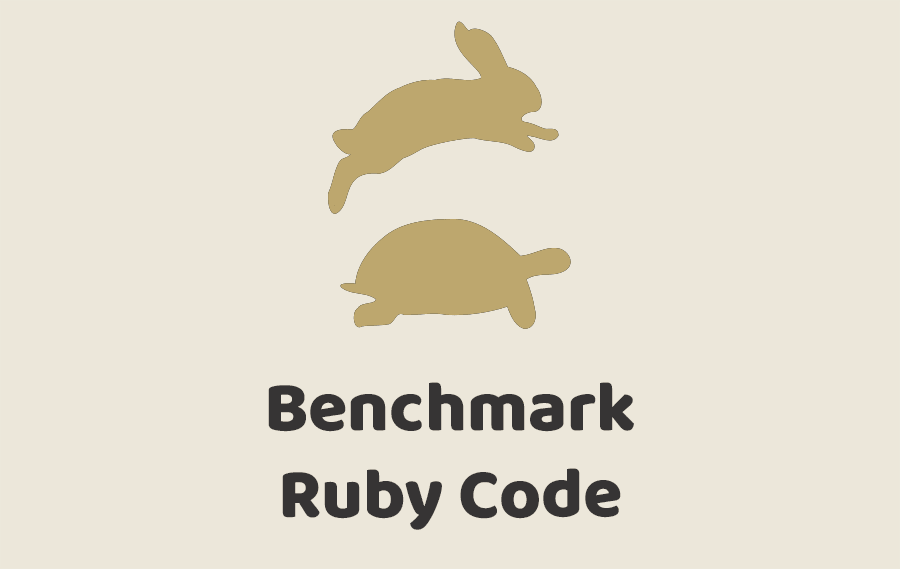

Benchmark Ruby Code
It's easy to accidentally write slow code in our applications. In this episode, we look at how we can benchmark our code and examples of some methods which are slower than others.
Published:
-
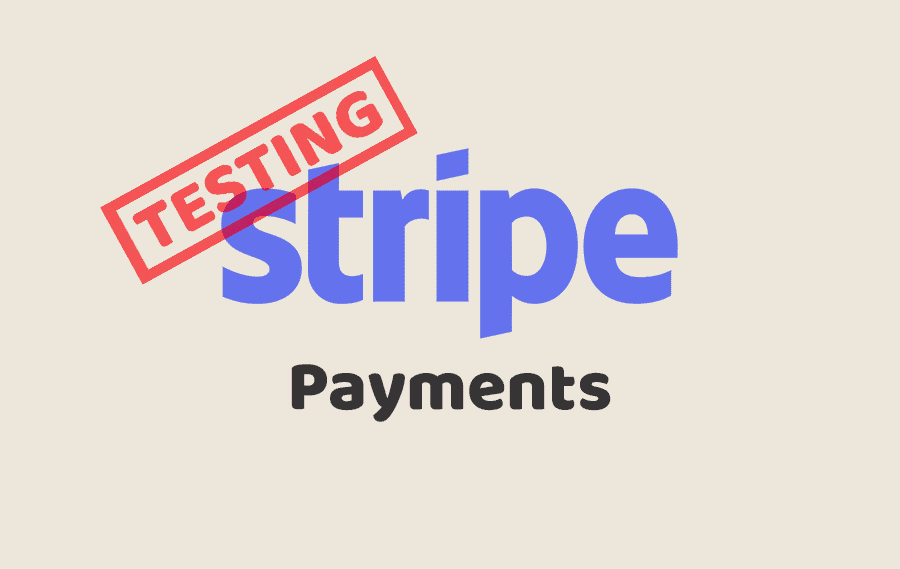

Testing Stripe Payments
Continuing from the previous episode, we add testing to the Stripe Payments without adding any additional dependencies.
Published:
-
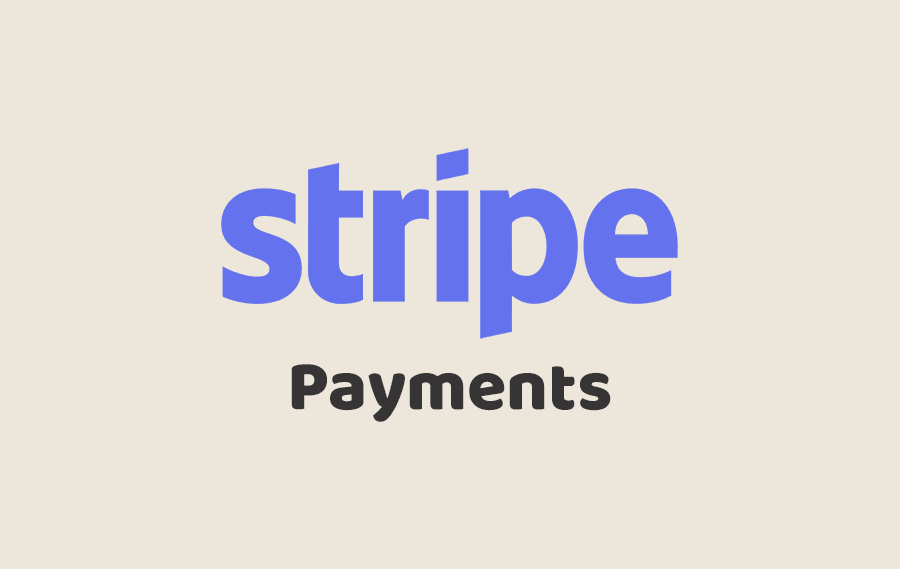

Stripe Payments
The past tutorials look at creating subscriptions with Stripe, but in this episode, we look at using Stripe for a cart-like checkout system where nonrecurring orders can be placed.
Published:
-
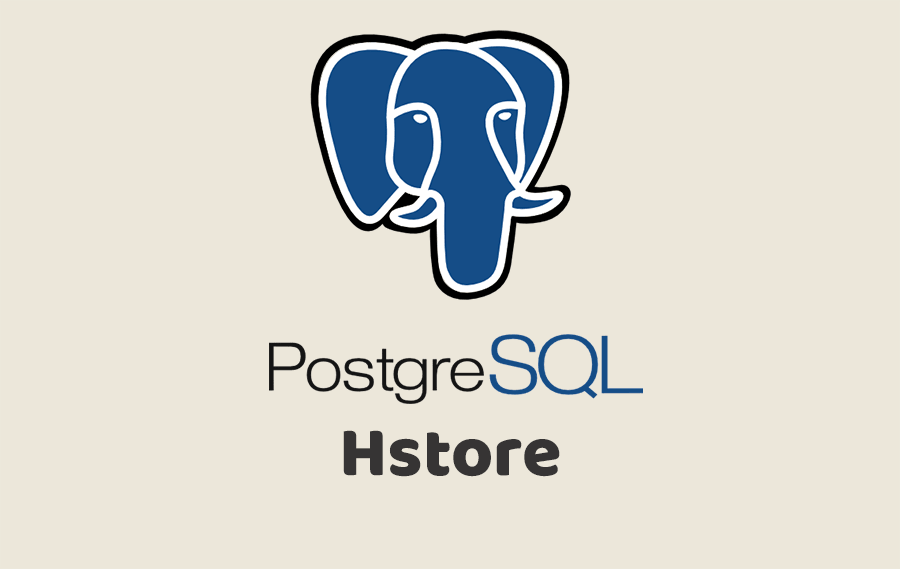

PostgreSQL Hstore
The hstore data type is very useful in many cases, such as semi-structured data or rows with many attributes.
Published:
-
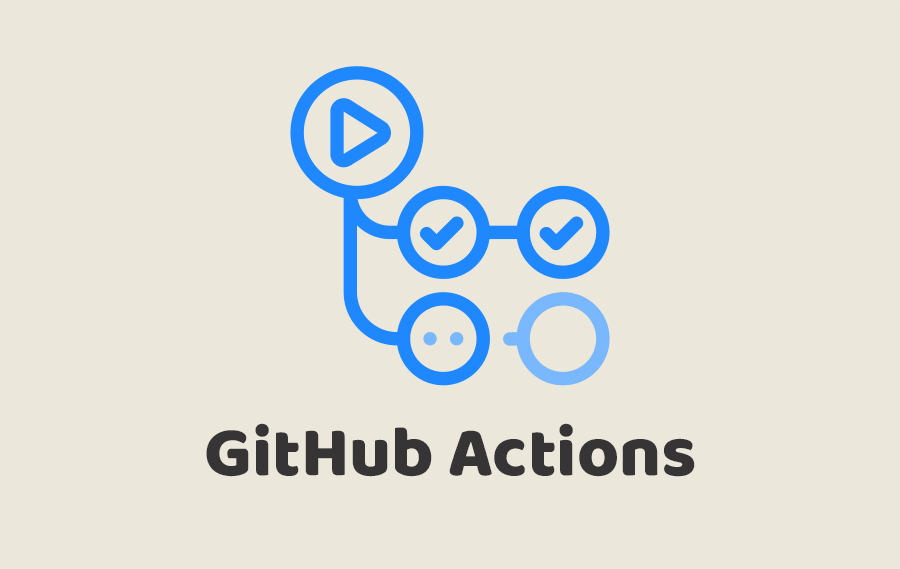

GitHub Actions
GitHub Actions makes it easy to automate all your software workflows, now with world-class CI/CD. Build, test, and deploy your code right from GitHub. In this episode, learn to set up GitHub Actions on your Ruby on Rails application with automated tests, code coverage reporting, and security testings.
Published:
-
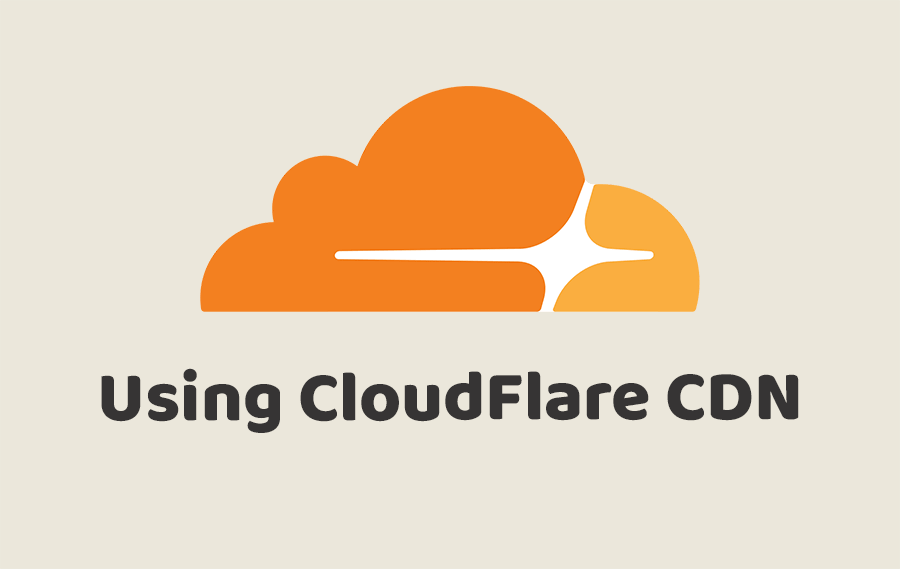

Using CloudFlare CDN
A look at serving the static assets within your Ruby on Rails application with the CloudFlare CDN. A broad look at the different configuration options and setting it up to serve image, javascript, HTML, and CSS assets.
Published:
-
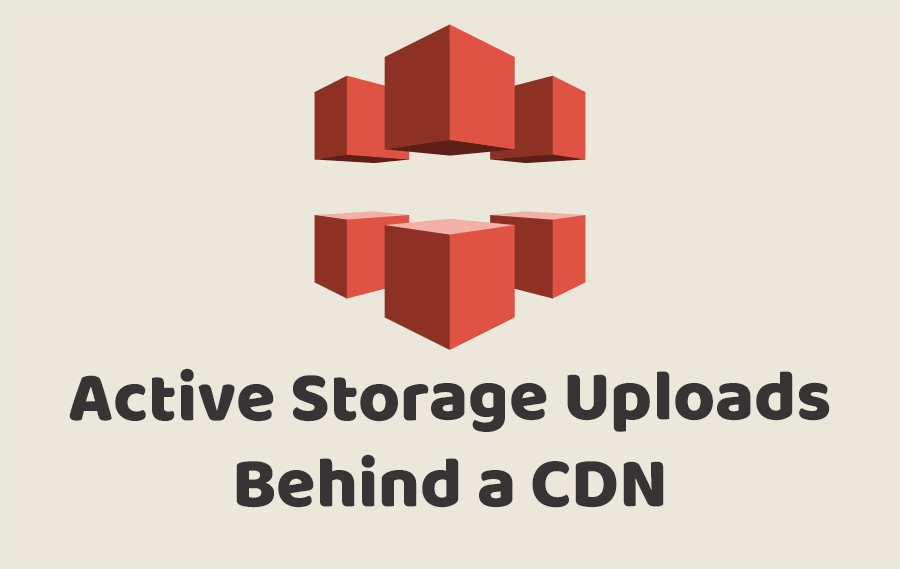

Active Storage Uploads Behind a CDN
Even fast websites can seem slow if it takes a while for the content to get to them. This can be partially solved with a Content Delivery Network (CDN). However, most resources usually only shows how to set up static assets and not uploaded content. Learn how to use Amazon CloudFront to cache and serve uploaded content from Active Storage.
Published:
-
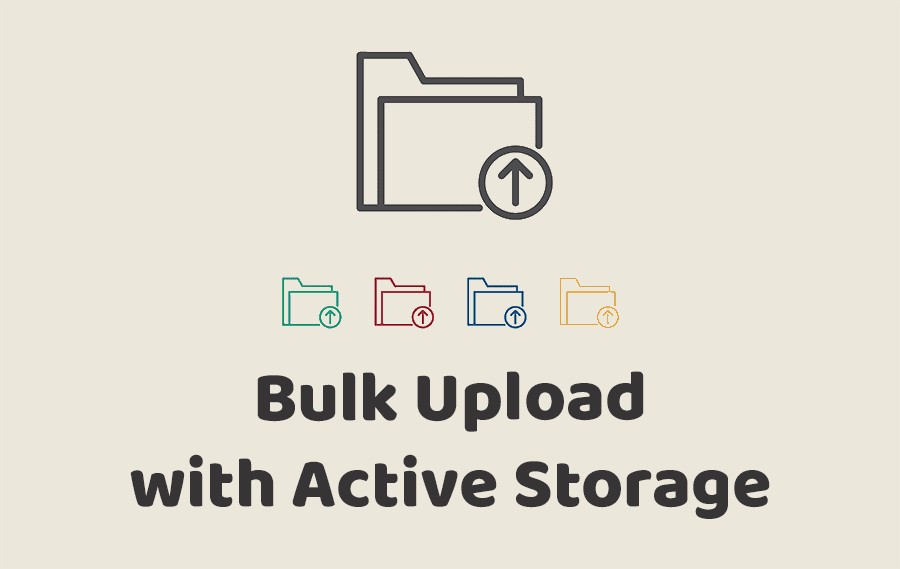

Bulk Upload with Active Storage
When multiple files are uploaded with Active Storage, they are typically associated to a single record. In this episode, we take a different approach where each file uploaded should be its own record along with direct uploads.
Published:
-
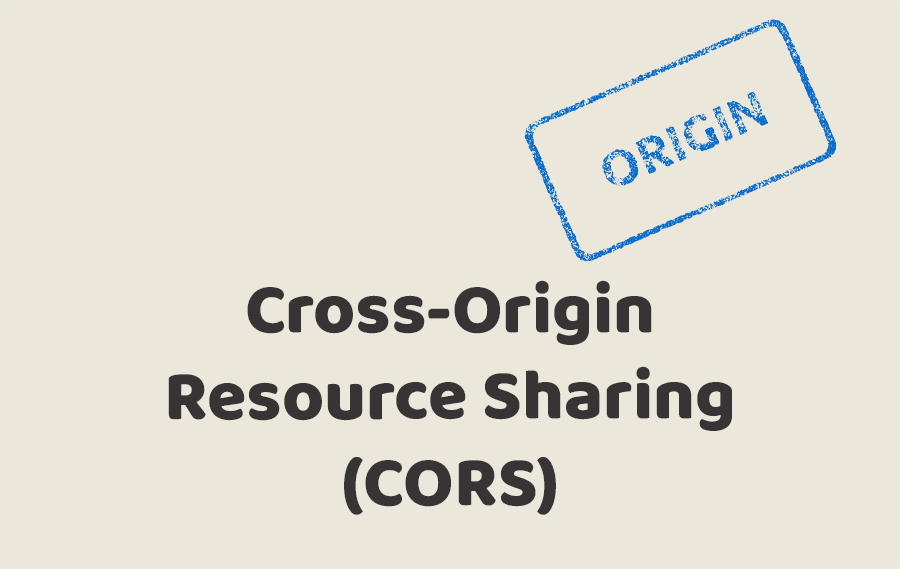

Cross-Origin Resource Sharing (CORS)
Cross-Origin Resource Sharing (CORS) is a mechanism that uses additional HTTP headers to tell browsers to give a web application running at one origin, access to selected resources from a different origin.
Published:
-
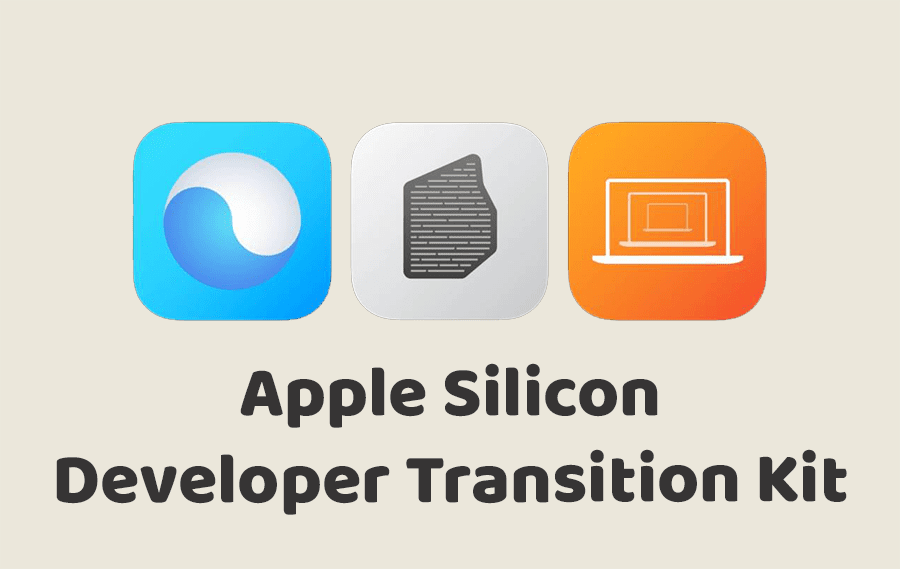

Apple Silicon Developer Transition Kit
First look at the upcoming Apple Silicon processor and what it will be like for us Ruby Developers. Honestly, I wish that it was a better experience. However, with macOS Big Sur being beta and the DTK not being the final consumer hardware, there's still hope yet.
Published:
-


Marketplace Solution with Stripe Connect
Learn how to create a marketplace solution where merchants can sign up and take payments from their customers on your Ruby on Rails application.
Published:
-
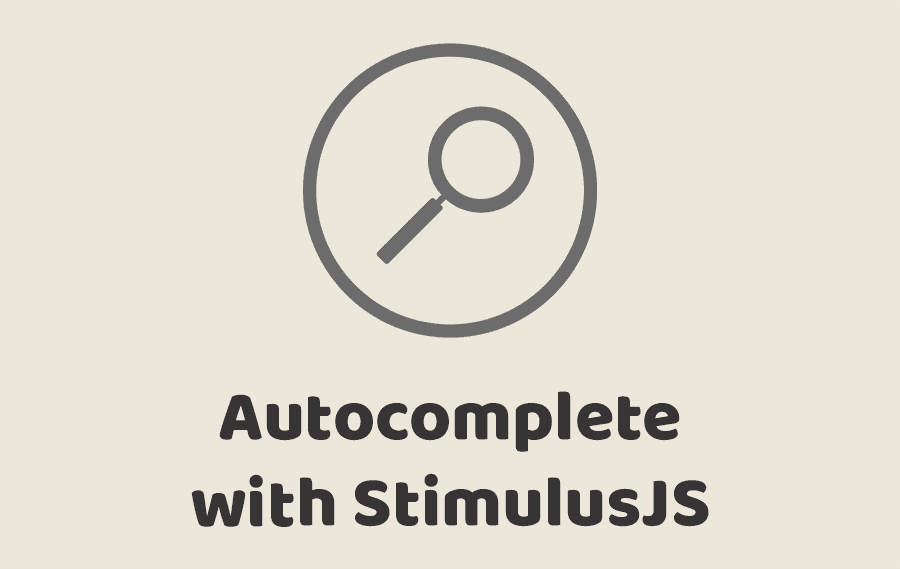

Autocomplete with StimulusJS
In this episode, learn how to easily add autocomplete search functionality to your Rails Application with StimulusJS.
Published:
-


FullCalendar with StimulusJS
FullCalendar still remains to be one of the best Javascript calendar libraries and with the power of StimulusJS, it is easier than ever to interact with. In this episode, we look at implementing the latest version of FullCalendar (v5) in our Ruby on Rails application.
Published:
-
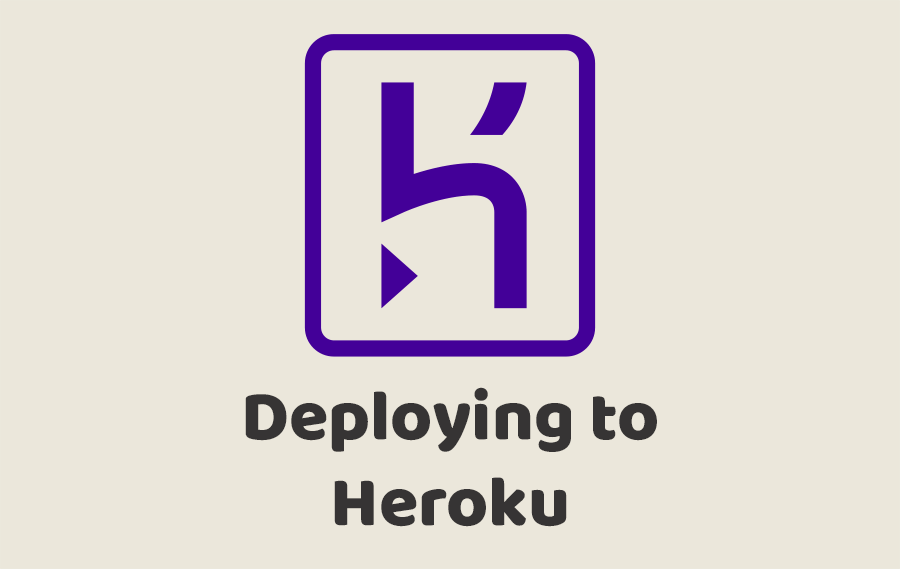

Deploying to Heroku
Heroku is a Platform as a Service (PaaS), where you can deploy and manage your Ruby on Rails applications. It is one of the easiest platforms to deploy to; allowing you to focus on the development side of things instead of worrying about managing an infrastructure.
Published:
-


Dynamic Role Management
Create dynamic roles that can be assigned to users. Based on the assigned role, the user will be able to perform or view various parts of the application.
Published:
-
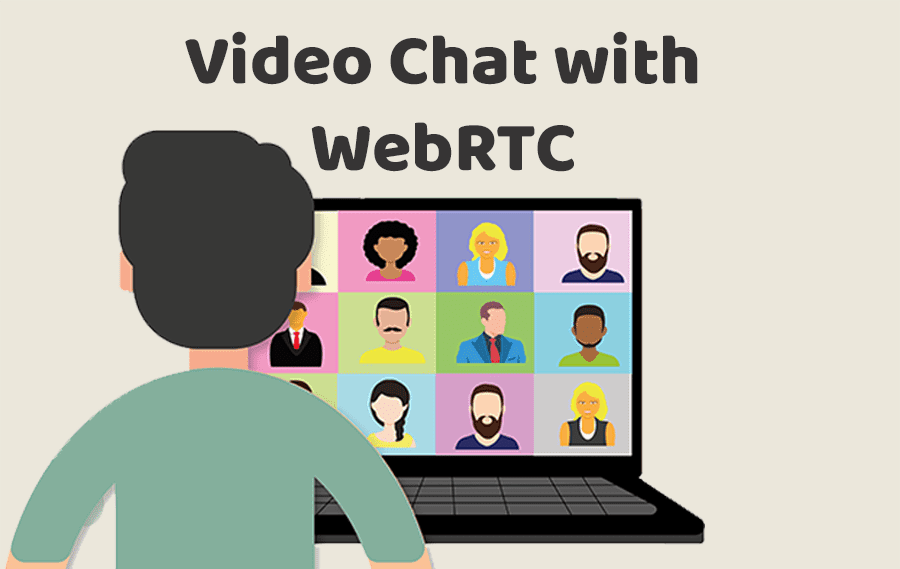

Video Chat with WebRTC
Using ActionCable and StimulusJS, we can create a Zoom-like video chat functionality where chat rooms can share live audio and video streams.
Published:
-


Tracking Changes on Action Text
Without using any gems, we look at tracking changes within Action Text. It seems like a simple thing, but challenges arise through several layers of abstraction due to the flexibility that Action Text provides.
Published:
-


Publish and Subscribe to Events
In this episode, we look at a micro library providing Ruby objects with Publish-Subscribe capabilities.
Published:
-


Embedding Youtube Videos into Action Text with Stimulus
Creating attachments with Action Text can be difficult, but in this episode, we look at how we can create embedded attachments into Trix without needing a persisting the data on a separate model on our database.
Published:
-


Removing Friendly Id
Sometimes we reach for a gem because it is what we know or we've had great experience with it in the past. However, sometimes the gem is a sledgehammer for a small problem. When you don't need all of the features, sometimes developing the functionality inside your application may be a better route.
Published:

